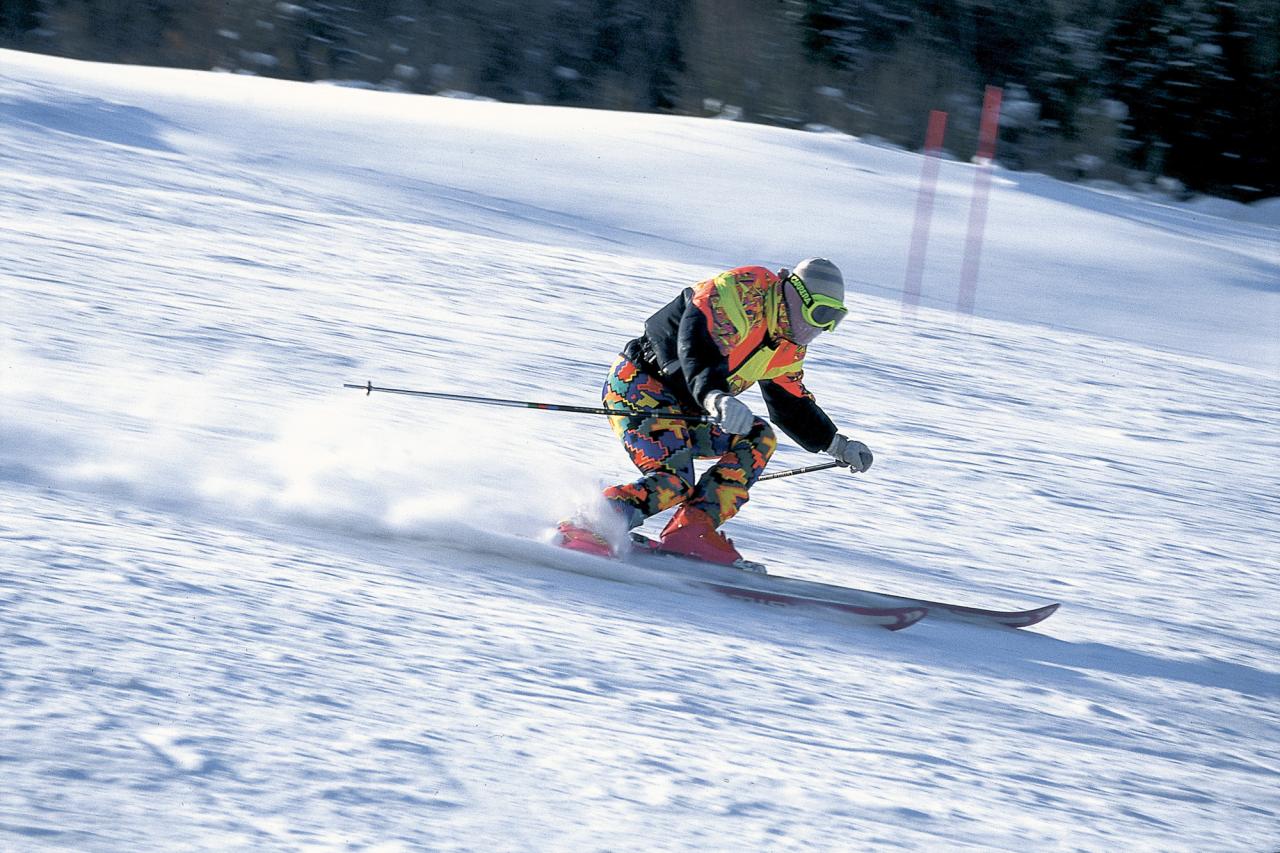For experienced skiers, what are the most effective ways to train for the ski season? How can training injuries be prevented? What dietary considerations should be kept in mind after training? How can training methods be adjusted for optimal physical and mental well-being?

Cody Townsend, a professional skier who set out to conquer all the skiing routes in the book “Fifty Classic Ski Descents of North America,” shares his insights on effective skiing training:
Tip 1: Warm-Up Before Skiing is Crucial
During a prior skiing expedition, I focused too much on aerobic exercises and cardio fitness, neglecting foundational strength. This resulted in a cliff fall and a prolonged recovery period. I realized the need for foundational strength to support me through such a challenge.
Tip 2: Maintain Low Heart Rate Exercise
Training the body to exercise at a low heart rate, such as hiking with a heavy backpack, helps increase strength without building up too much lactic acid, allowing for longer training sessions. Adequate rest and recovery after high-intensity workouts are crucial for improved heart efficiency and reduced fatigue.
Tip 3: Long-Term Benefits of Gym Workouts
Strength training in the gym is essential for injury prevention. Focus on exercises such as Olympic-style lifts and kettlebell swings for a full-body workout to build strength and explosiveness.
Tip 4: Rest Doesn’t Mean Wasting Time
Incorporate recovery exercises like stretching, yoga, light skiing trips, walking, or biking to maintain muscle relaxation and prevent overuse injuries.
Tip 5: Eat Foods that Make You Feel Healthy
After skiing, opt for meals centered around grains and vegetables for sustainable energy, and avoid highly processed sugars in favor of natural sources like fruits.
Tip 6: Keep Your Spirits High
Focus on positive mental recovery by relaxing with activities like reading, walking, making friends, and learning through podcasts or books.
By following these tips, skiers can train effectively and safely, while also maintaining their physical and mental well-being throughout the ski season.

